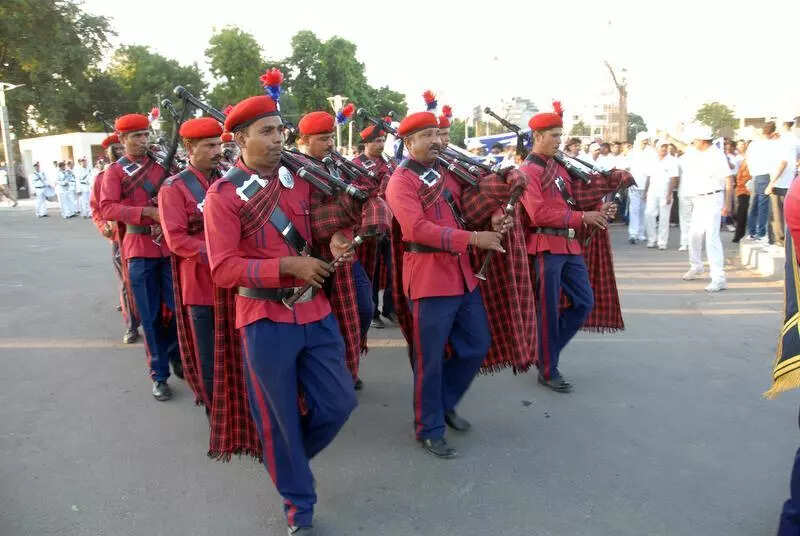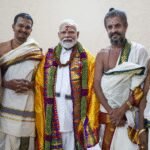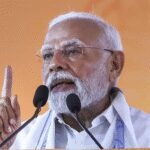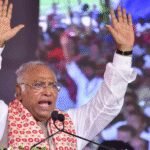RRU helps set tune in martial music’s Indian homecoming | India News
Report
Report this app
Description
Ahmedabad: The next time you see the armed forces on a parade ground, chances are high that you might hear ‘Kadam Kadam Badhaye Ja,’ the anthem of the Indian National Army, instead of ‘Colonel Bogey March’ from 1914. Marking a cultural shift, the armed forces bands in 2022 embraced ‘Aye Mere Watan Ke Logo’ during the Beating Retreat ceremony at Kartavya Path instead of the traditional ‘Abide with Me’. Aiming to take the initiative further is the newly inaugurated School of NCC and Police Martial Music Band (SNPMMB) at Rashtriya Raksha University (RRU). At the RRU school, officials aim to train the state police and central armed police forces (CAPFs) in newly created Indian tunes and compose new ones to ‘Indianize martial music.‘This is the first such school in a university setting in the country. Until now, bands in uniformed services were traditionally trained at special colleges and training schools.Senior RRU officials say the inspiration is Prime Minister Narendra Modi’s vision to make the music of India ‘not merely entertainment, but a vehicle for expression, connection, and identity’. The initiatives started in 2016 with the use of Indian tunes on major occasions, they added.Major (Retd) Ashok Kumar, principal of the school and former director of music at the Joint Services Training Institute, AEC Training College & Centre, Pachmarhi — which trains musicians for the armed forces — says that military bands are traditionally taught tunes that have been part of military tradition for over a century. “We have over 200 such tunes which are used for different functions and ceremonies. In the past decade or so, Indian experts have been creating several notations and tunes that are rooted in our culture. Our aim would be to both create new tunes for the bands of CAPF and police forces and to teach the newly created Indian tunes to these bands,” says Major Kumar.Some examples of such tunes include ‘Veer Bharat’ and ‘Amar Senani’, composed by Indian military musicians. These are now played regularly at various state and armed forces events. ‘INS Vikrant,’ ‘Veer Bharat,’ ‘Desh Pukare,’ ‘Vayu Shakti,’ ‘Hindustan,’ and ‘Priyadarshini’ are some more examples that reflect a rich Indian voice.Renjith G, senior instructor at SNPMMB, says the school is attempting to go a step further and create Indian raga and taal-based music in a global musical language. “Our initiative is to create original Indian tunes rooted in the country’s rich musical heritage and legacy,” he adds.Dr Gaurav Singh Kushwah, in-charge director of the school, calls Indianizing martial music tradition in India a major initiative.“Our aim is to teach Indian tunes primarily to CAPF and state police bands. We aim to provide trained musicians to security forces who will learn the Indian tunes and notations,” he says.The first batch of 40 musicians from Rajasthan Police Central Band is already being trained at the university. RRU officials say that the courses are designed both for in-service musicians and aspiring candidates at multiple levels – from diploma to PhD. Students will be taught Indian and Western musical systems, orchestration, band drill protocols, ceremonial etiquette, and theoretical training.The first initiative for the overhaul will be the formation of the National Music Classification Forum that will attempt to find Indian alternatives for Western bugle calls like Reveille, Last Post, and Retreat.





